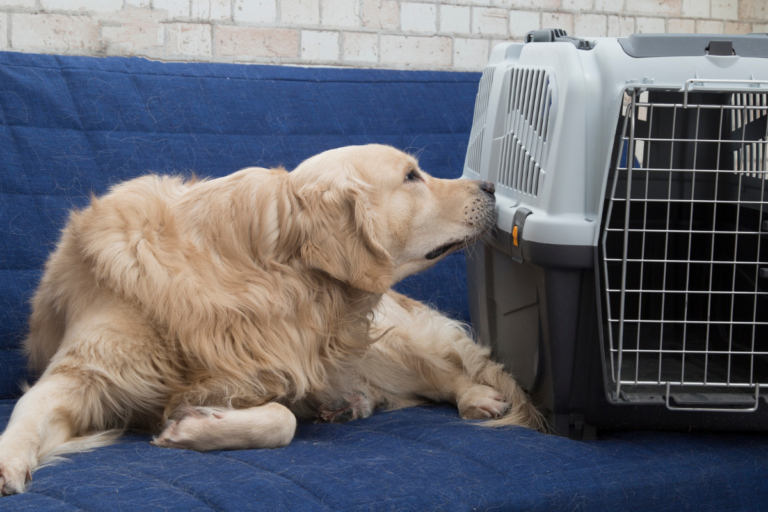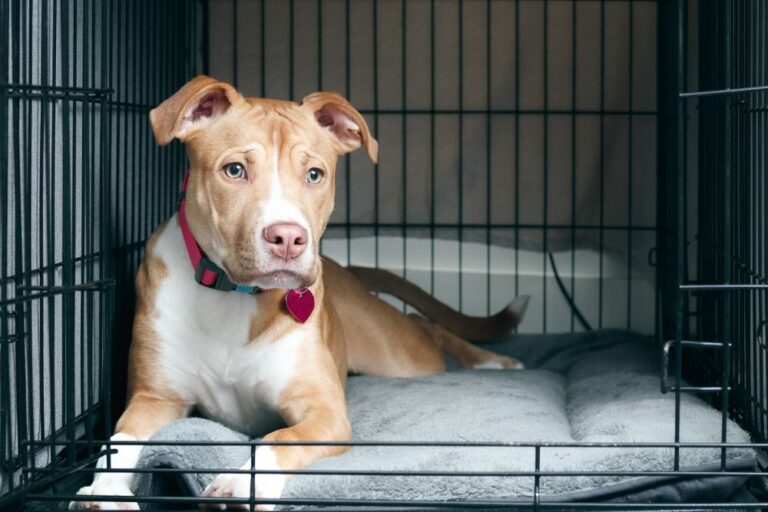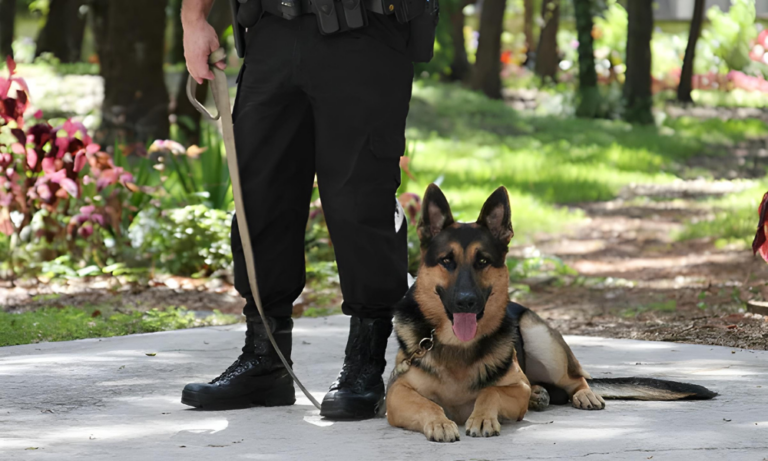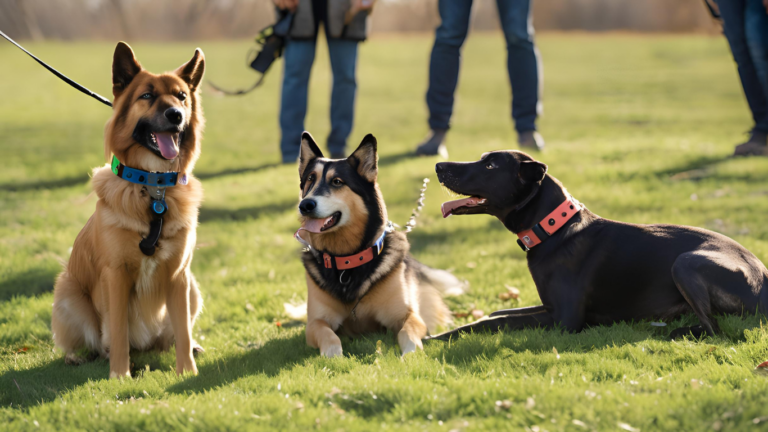Top 5 Tips for Housebreaking Your Puppy Fast
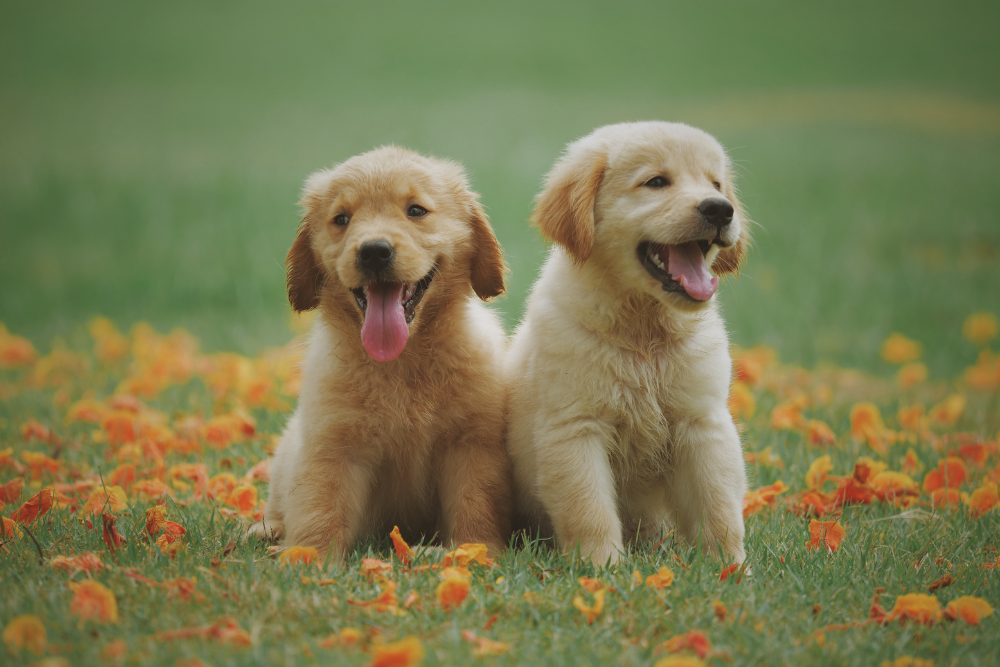
Training your puppy not to relieve itself indoors may seem difficult, but with proper guidelines, it ought to be one of the quickest and easiest things that you’ll ever do. Puppies are such small and tender souls; they tend to grasp routines, cues and habits instantly.
In this context you can define expectations when and where your pet wants to go and use regular techniques to get him to understand that it is a proper place for that.
Having discussed the causes of common mistakes in house training puppies, it is high time to present top 5 tips to housebreak a puppy efficiently and fast.
Why Housebreaking Is Important
It is possible to teach your puppy where to go to the washroom, for the tidy up of your house but also for the purpose of giving the puppy a proper and orderly schedule for his washroom actions.
House training is beneficial to the puppies because they naturally love to follow some familiar schedules about their routine.
Besides, it is crucial to start creating confidence between you and your pet if you want not only its obedience but also its cooperation.
🐾 Top 5 Tips for Housebreaking Success 🐾
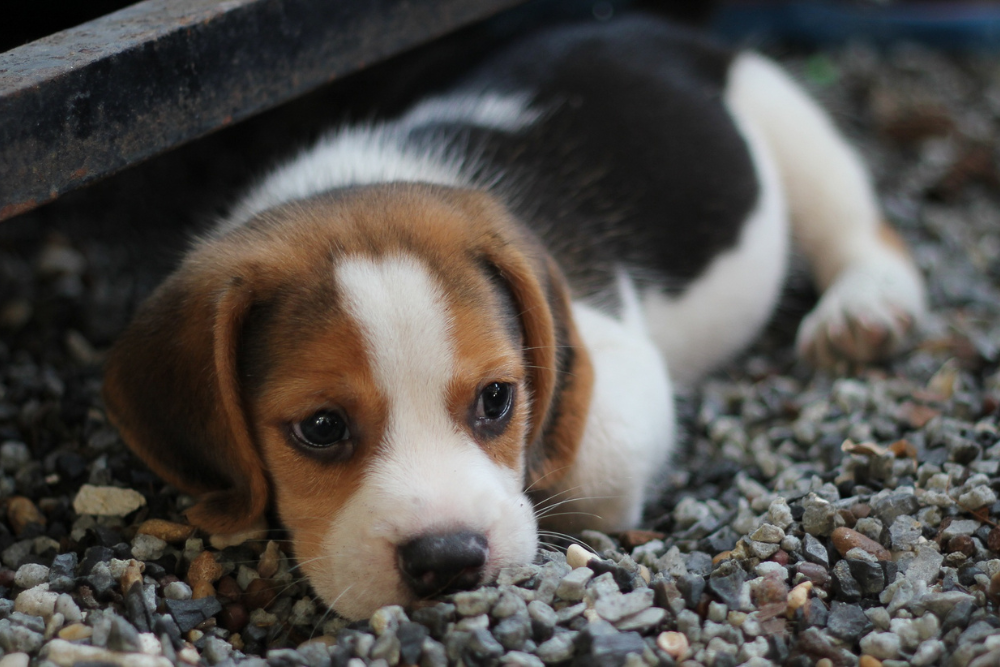
1. Establish a Routine
Puppies are creatures of certain habits and one of the virtues that every puppy loves is consistency. Let your puppy out at consistent intervals throughout the day such as after waking up, after feeding, or after they have come out to play and before going to bed.
One of them is quiet to ensure you are training the child that there is a right time and place to use the potty.
Pro Tip: Stick to the same spot outdoors. The familiar scent will signal to your puppy that it’s time to go.
2. Reward Immediately and Generously
Rewards must be given instantly after you catch your puppy using the right spot, don’t forget to encourage them verbally and physically. Puppies simply have no tomorrow in mind; they are simply living presently; therefore, timing is everything.
Reward them with treats and then give a tummy rub or verbally praise them with an enthusiastic “Good job!”.
Why It Works: This type of reinforcement encourages your puppy to repeat the same behavior over and over again.
3. Supervise and Limit Freedom Indoors
As mentioned earlier always monitor your puppy closely while inside the house until the time they are completely house trained. Keep them confined in a corner using baby gates or a playpen in a region that has little or no accidents prone to the kids.
This assists you in identifying signs that have to be taken out such as when they start smelling the environment or moving in circles.
Pro Tip: If you can’t supervise, consider crate training. Puppies naturally avoid soiling their sleeping area, making the crate a helpful tool.
4. Learn the Signs
Puppies often give clues when they need to go. Common signals include sniffing the ground, circling, whining, or heading toward the door. Recognizing these behaviors and acting quickly can prevent accidents.
Why It’s Important: Catching these signs early helps you establish a strong connection between their actions and going outside.
5. Be Patient and Consistent
Accidents are bound to happen—it’s part of the learning process! When they occur, avoid scolding your puppy, as this can create fear or confusion.
Instead, clean up thoroughly with an enzymatic cleaner to remove any lingering scent and calmly redirect them to the proper spot next time.
Pro Tip: Celebrate progress, no matter how small, and remember that patience is key.
Common Mistakes to Avoid
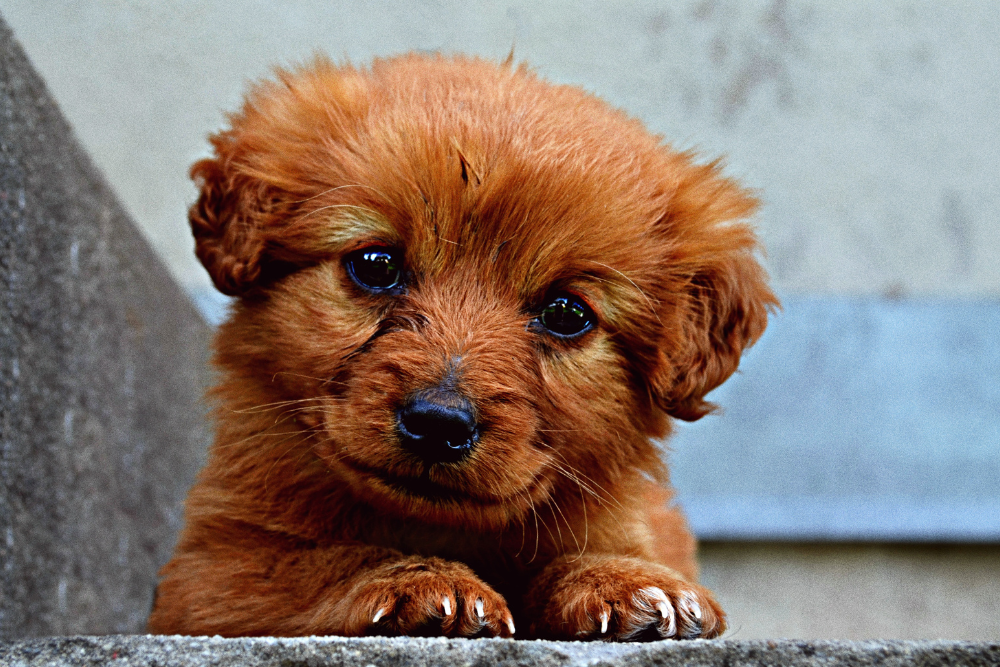
🐾 Inconsistent Routines: Skipping potty breaks or changing the schedule confuses your puppy.
🐾 Punishing Accidents: Harsh reactions can make your puppy fearful and less likely to learn.
🐾 Ignoring Success: Forgetting to reward good behavior slows progress.
🐾 Expecting Too Much Too Soon: Housebreaking takes time—don’t rush the process.
How Long Does Housebreaking Take?
Every puppy is different, but most can be housebroken in 4-6 months with consistent training.
Smaller breeds may take longer due to smaller bladders, while older puppies might catch on more quickly. The key is sticking to a routine and celebrating each milestone.
Wrapping Up: Turning Accidents into Achievements
Housebreaking your puppy doesn’t have to be stressful. With a little patience, a lot of consistency, and plenty of praise, your puppy will quickly learn where to do their business.
Stick to a routine, celebrate successes, and remember—every accident is just another step on the road to a well-trained pup.
Before you know it, your puppy will be housebroken and ready for their next training adventure!
Additional Resources for New Puppy Parents
For more tips on housebreaking and training, check this out.

